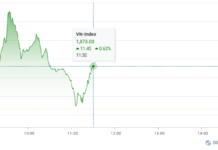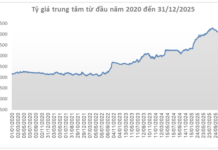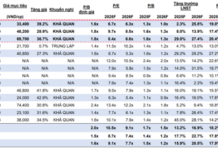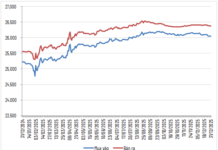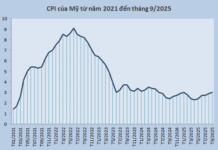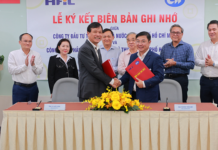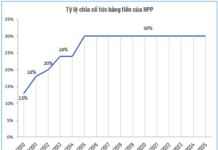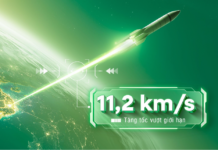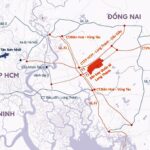Ho Chi Minh City Institute for Development (HIDS) has submitted a report to the city’s People’s Committee, synthesizing feedback from businesses, investors, and experts in the electric vehicle ecosystem. The majority of the responses expressed support for the city’s goal and the urgency of controlling emissions and transitioning to electric vehicles in Ho Chi Minh City.
Accelerating the proposal for supporting the transition to electric vehicles
However, the business community and experts also proposed that the city invest in centralized charging stations using renewable energy to ensure the sustainability of the transition. The group of platform operators suggested a voluntary encouragement roadmap with a minimum duration of five years before administrative measures are applied. Meanwhile, electric vehicle manufacturers and traders proposed a waiver of land rent for both public and private land used for building charging stations and the promulgation of national technical regulations for vehicles and charging infrastructure to ensure investment peace of mind.
Synthesizing the proposals, HIDS proposed that the Ho Chi Minh City Department of Construction coordinate with units to expedite the implementation of the approved projects, especially in the initial phase, focusing on replacing public buses with electric vehicles and green energy vehicles.
According to the plan, HIDS will submit a proposal for the vehicle transition to the city’s People’s Committee in September 2025. This proposal calls for business participation in seven groups of contents, from reducing vehicle prices, buying back old cars for new ones, providing preferential interest rate installment loan packages, investing in charging and battery exchange infrastructure, developing supporting products and services, to building battery recycling plants and investing in research and innovation in the electric vehicle ecosystem. HIDS will also conduct a quick survey to gather drivers’ opinions on the difficulties and challenges of the transition, thereby completing the report to the Ho Chi Minh City People’s Committee.
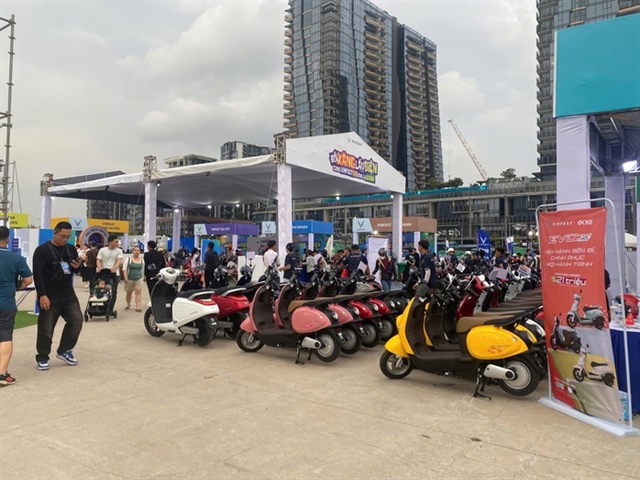 The demand for switching from gasoline to electric vehicles is increasing as the government and localities are promoting the green transport roadmap. Photo: PHUONG NGAN |
Many banks are joining the transition
Meanwhile, banks have officially joined the electric vehicle transition roadmap with preferential credit packages to support car buyers. Specifically, Shinhan Bank Vietnam has just launched a program to lend for buying electric cars with an interest rate of only 6.9% per year, fixed for the first three years, applicable to both individual, household business, and enterprise customers. Customers can borrow up to 80% of the car value, with simple procedures, fast processing time, flexibility in terms and disbursement time. This program applies to all electric vehicle models officially distributed in Vietnam and lasts until the end of 2025.
Similarly, Sacombank, in collaboration with VinFast, offers preferential loan packages for buying electric cars with an interest rate of 7.5% per year for the first 12 months or 8% per year for the first 24 months. Buyers can borrow up to 80% of the car value, with a repayment term of up to 8 years, and receive an additional interest rate support of 3-4% from VinFast, reducing financial costs in the initial phase. Sacombank representative affirmed that this is a strategic step, both expanding financial products and demonstrating a commitment to accompany the government in the goal of carbon neutrality by 2050.
Vingroup has also launched a series of policies to support people in switching to electric vehicles. The group cooperates with VPBank, Techcombank, BIDV, and many other banks to provide preferential interest rate loan packages for customers buying VinFast electric cars. Individual car buyers are supported with a 3% interest rate/year for the first three years, while customers buying cars to operate on the Xanh SM Platform are supported with a 4% interest rate/year. In addition, Vingroup coordinates with Shinhan Finance and Lotte Finance to deploy VinFast electric motorcycle ownership solutions with capital from 0 VND for people with permanent residence or temporary residence in Hanoi.
According to economist Dinh The Hien, the cooperation between banks and electric vehicle manufacturers to offer preferential credit packages is a reasonable step. He said that borrowing to buy electric vehicles is a consumer loan with a not-too-high value, so an interest rate incentive for a few years will help people and drivers easily transition. “The loan cycle for buying electric vehicles is shorter than for buying a house, and it is in line with the government’s policy, so if there is a need, people can consider borrowing from banks to buy vehicles,” Hien said.
Thai Phuong
– 06:33 14/08/2025
Where Should Businesses Start When it Comes to ESG Practices?
In the new growth model for Vietnam and the world, it is imperative for businesses to embrace ESG practices, driven by intrinsic needs. Integrating AI brings a new mindset, demanding data-driven decisions, transparency, and consistency. This is the opportunity to seize the advantage of being a pioneer, enabling businesses to not only sustain their market presence during challenging times but also to thrive and reach new heights.
The Road Networks Linking Ho Chi Minh City, Neighboring Provinces, and Long Thanh International Airport
The construction of vital transport links to Long Thanh International Airport is being expedited to ensure timely completion. These critical infrastructure projects are designed to provide seamless connectivity to the airport, facilitating efficient travel for passengers and supporting the smooth operation of this major aviation hub.
The City of Ho Chi Minh Breaks Ground on a $310 Million Canal Project
The upcoming renovation project for the northern bank of the Kênh Đôi, spanning over 4.3 km, boasts a total investment of 7,300 billion VND. Slated for completion by 2028, this ambitious undertaking promises to enhance the urban landscape and environmental conditions in Ho Chi Minh City’s southern district.

